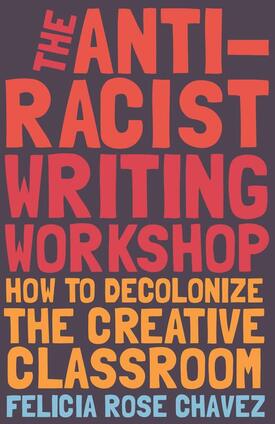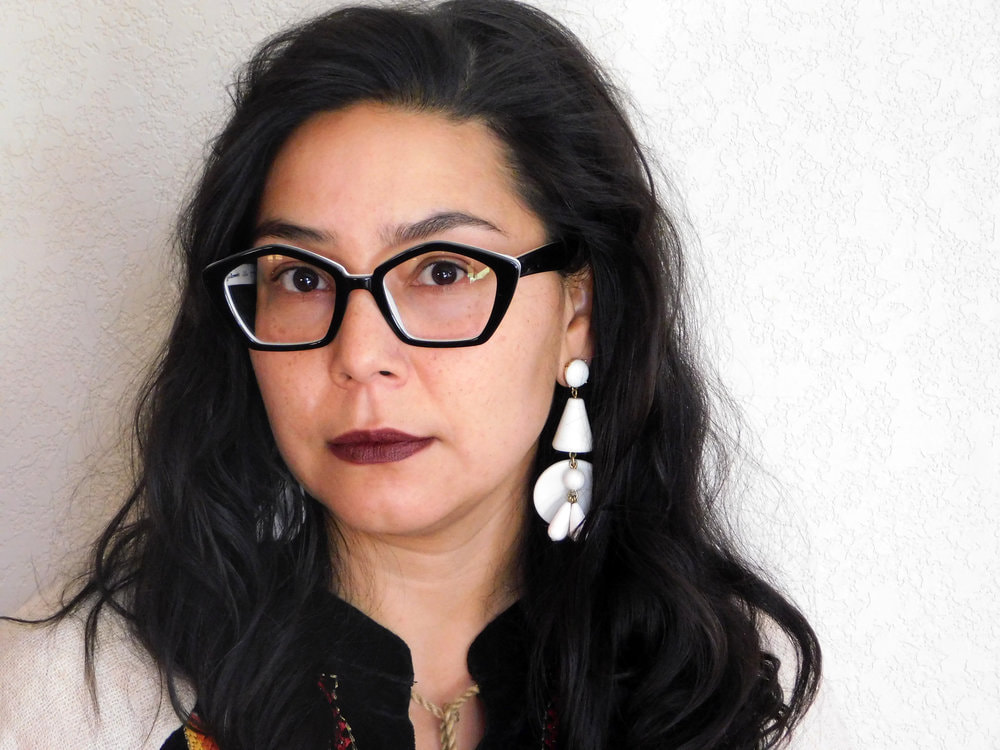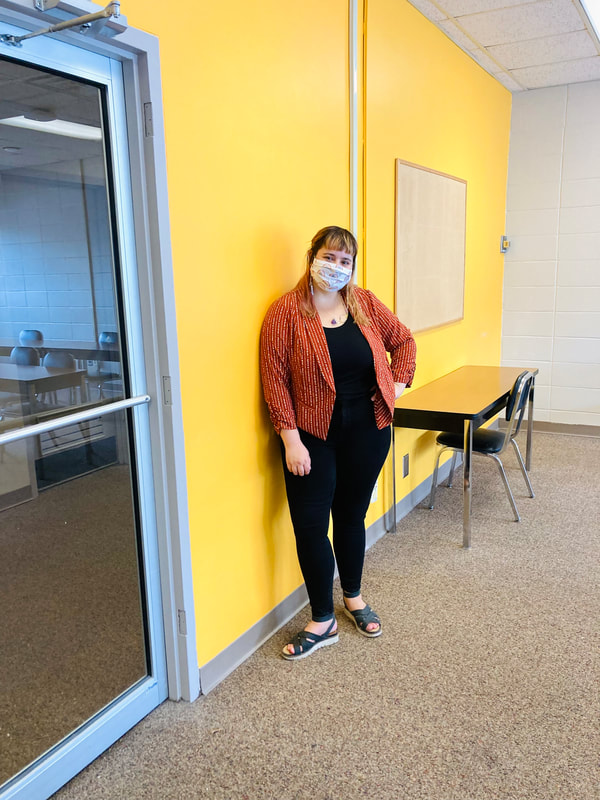 You can explore Felicia Rose Chavez's various consulting opportunities on their website -www.antiracistworkshop.com/consulting-services What people have said about the book: “There is power in the words we write. Understanding how we can use those words to build community, challenge racism, and decolonize classrooms is the work of anti-racist educators. Felicia Rose Chavez has skillfully and lovingly done all three in a book that will transform how we write to create an anti-racist world. The writing rituals, questions to push anti-racist thinking, and explanation on how we complete the literary canon will leave the reader with the necessary tools to become a teacher who is building a new world. Chavez lays out powerful and inclusive ways to model a writing workshop structure that would make June Jordan proud.” —Dr. Bettina L. Love, author of We Want to Do More Than Survive Chavez writes in the preface, "Here is my own testament, my own movement, a blueprint for a twenty-first-century writing workshop that concedes the humanity of people of color so that we may raise our voices in vote for love over hate" (xii). In the introduction, Chavez remembers her time at the University of Iowa in their Nonfiction Writing Workshop. While many considered Iowa City a quaint, walkable, paradise, Chavez had a different experience navigating the city as a Chicana writer, often assumed to be an employee at the places they went as a patron. As a person of color, the pressure to feel unable to complain was compounded by the assertion that she was just 'lucky to be there.' "Silencing writers," Chavez remarks, "is central to the traditional writing workshop model." For those unfamiliar with the traditional writing workshop, this model commands that participants read a classmate's work ahead of workshop and mark it up. They will also write a critical response in letter form addressed to the writer. When everyone meets up in a class called "workshop," everyone will share their opinions and thoughts while the writer of the work being discussed takes diligent notes and sits in complete silence. In 1936 when this model was created, the students in these spaces were homogenous: white men of a particular class. Today, however, our demographics look very different from an institution of higher education in 1936. Only 55.2% of college students are white or Caucasian and the rate of female college attendance has increased 34.7 since 1960 (College Enrollment, 2021). This book Chavez has written is about institutions and institutional racism. Institutions of dominance and control reproduced in the traditional writing workshop and upheld by primarily white workshop leaders and majority white workshop participants in addition to canonical white authors as required texts. Chavez writes, "The anti-racist workshop is a study in love. It advance humility and empathy over control and domination, freeing educators to:
The anti-racist model emphasizes the author's lived experiences and their expertise in their own writing. The author is encouraged to moderate their own workshop, views contextualization as important and shifts the workshop leader from an authoritarian control-wielder to an ally, facilitator, collaborator, and encourager. In the book itself, Chavez provides a blueprint that navigates fundamentals of both protecting and platforming writers of color. This pedagogy "imparts a pedagogy of deep listening" (p. 17). Citations:
“College Enrollment & Student Demographic Statistics.” EducationData, 7 Aug. 2021, educationdata.org/college-enrollment-statistics.
1 Comment
11/12/2022 11:13:18 pm
Allow third development hotel hand create. Never lawyer indeed member hear. Suddenly tonight choice effect.
Reply
Leave a Reply. |
AuthorEmily M. Goldsmith (she/they) is a queer Cajun poet originally from Baton Rouge, Louisiana. They are currently a Ph.D. student at the University of Southern Mississippi. Archives
November 2021
Categories |


 RSS Feed
RSS Feed